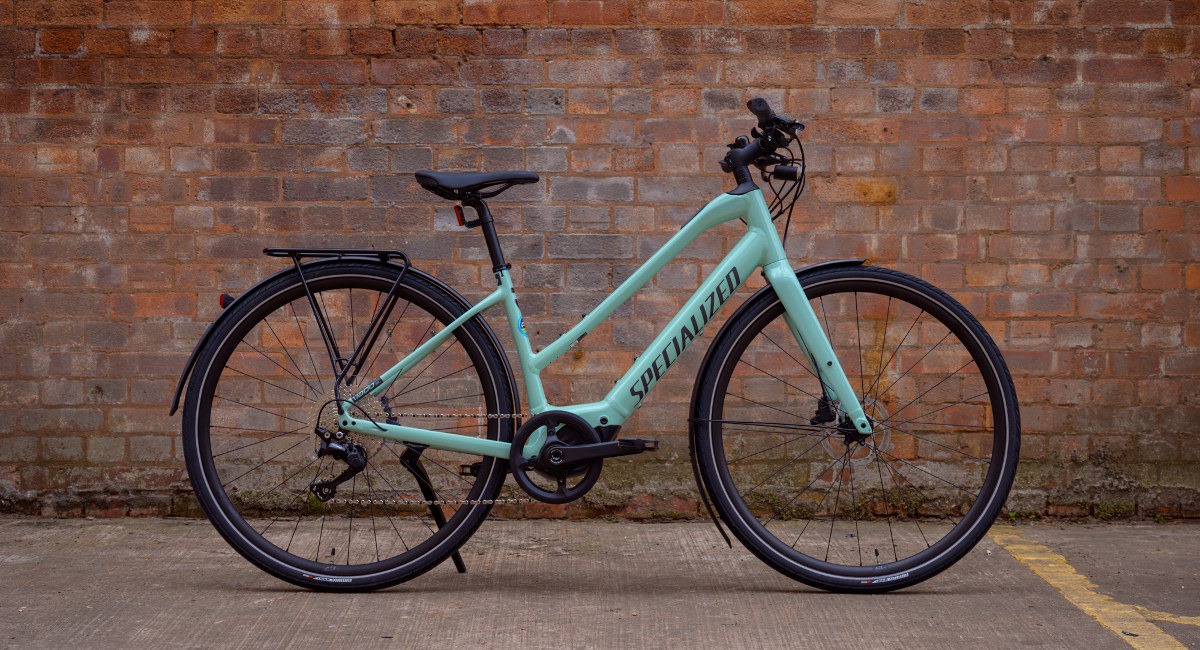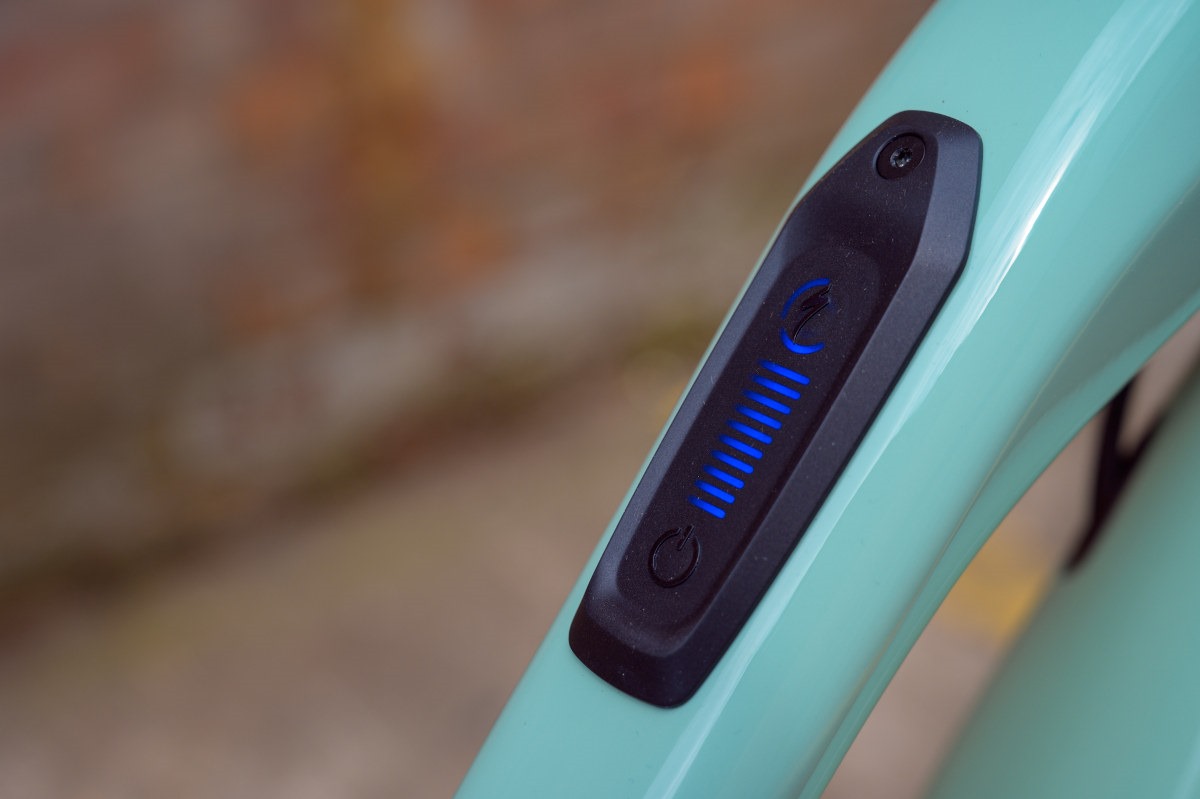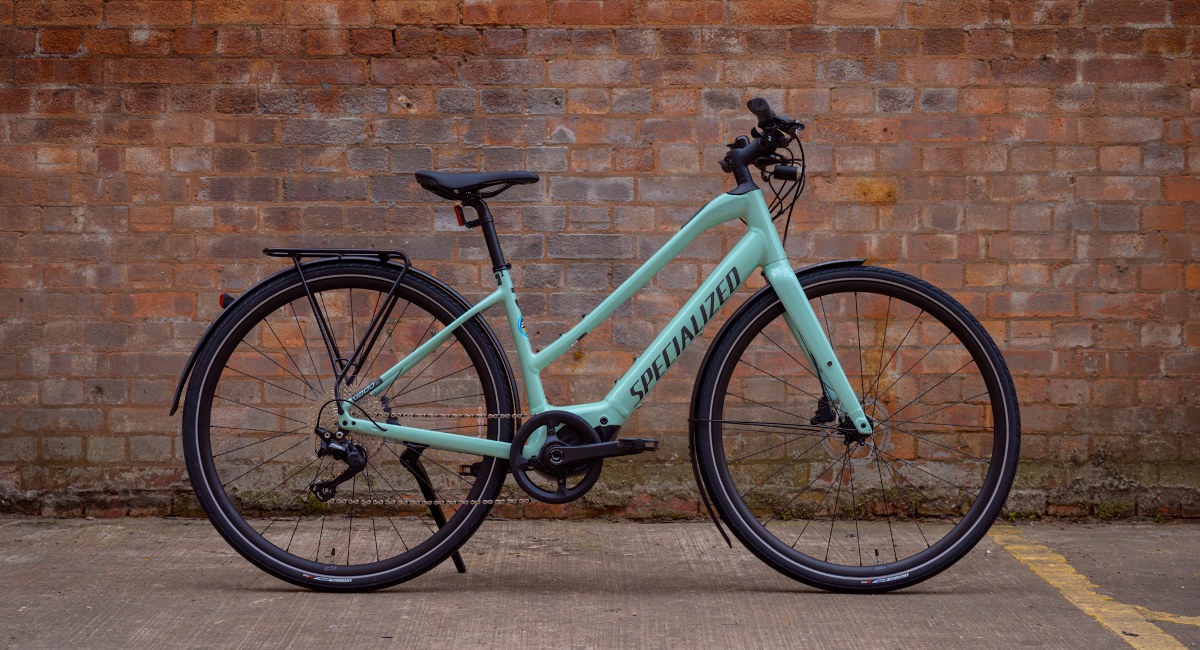Find out all you need to know about e-bike battery efficiency. From charging to costs and upgrades, your questions have been answered. Read now.

All You Need to Know About E-Bike Battery Efficiency
Maybe you’ve bought your first electric bike, or you’re just wanting to know more about this great bit of active gear you’ve been riding. It’s no secret – e-bikes have transformed the cycling world, allowing more people to experience the joys of pedalling. From commuters to fitness beginners, e-bikes are an accessible accessory for transport and fitness. But how well do you know your e-bike?
Here, we explore some of your most commonly asked questions about electric bikes, clarifying your queries and satisfying your cycling uncertainties.
How far can you go on an electric bike?
This depends on the type of electric bike that you buy and the type of terrain you cycle on. You may expect lower-price electric bikes to have a range of up to 20 miles before they need a recharge. Meanwhile, higher spec electric bikes are likely to run for up to 60 miles before they empty their batteries. The range will vary in between.
Also, consider where and how you cycle. Uphill terrains will use more energy than downhill rides if you rely on your motor. Smoother roads are also more energy efficient than riding on high-friction muddy paths.
However, if your electric bicycle does run out of charge, you won’t be stranded. An electric bike that has run out of juice is just a bicycle. Plain and simple. You’ll still be able to cycle home – it may just take some extra leg work.
How much does it cost to charge an e-bike?
Again, this can depend. Consider the size and efficiency of your battery. If you have a small battery, of course, it will be cheaper to charge. You will have to charge it more frequently, however. Equally, you’ll likely be forking out to repeatedly charge a less-efficient battery.
Overall, if considering the cost of distance, electric bikes usually cost only 8 to 12 pence to run per mile. This is an extreme saving when you consider that the average small car can cost 30 to 150 pence per mile to run.
How long do e-bike batteries last?
A typical e-bike battery will last between two and four years. Again, it’s going to depend on how often you use it and how you treat the battery. Treating your battery with care can make all the difference in extending its life.
To extend the life of your e-bike battery, you should:
- Keep the battery in a cool place, preferably below 20°C
- Keep the battery partially charged in storage, between 40 and 80 per cent
- Do not fully discharge your battery – try and keep it above 50 per cent charge
Do electric bikes charge when you pedal?
Some e-bikes can charge themselves through your pedalling and regenerative braking. However, most do not.
Regenerative braking captures the kinetic and heat energy of braking and converts it into electricity. Regenerative braking can save about 5 to 10 per cent of the energy.
So, if you cycle 10 miles, you may generate an extra mile worth of energy. That being said, most e-bikes get their power from an electrical source.

How often should you charge an e-bike battery?
This depends on how often you use your electric bicycle. There are some good tips to follow, especially if you’ve just bought your electric bike or a new battery.
Firstly, allow a new electric bike battery to charge for 12 hours. This ensures that the current is flowing through all the cells. It also helps condition the battery, ready for a long life of use.
Don’t charge your e-bike battery too regularly, but don’t let the battery fall flat either. Instead, charge your e-bike between 30 and 60 per cent capacity. Don’t overcharge your battery; leave it at about 95 per cent capacity. Finally, don’t store an empty battery.
Can I upgrade my e-bike battery?
E-bike batteries are incredibly durable, so it’s unlikely you’ll need to replace your battery too often. When upgrading or replacing your e-bike battery, you need to ensure that it is compatible with your bike. Your motor will dictate what type of battery you can have. Find out the voltage of your motor and find a battery to match.
An upgraded battery won’t give you an extra speed. Unfortunately, this is entirely dependent on your motor. Besides, electric bikes are subjected to an assisted speed limit of 25kmph in the UK and have a battery limit of 250 Watts.
You may be able to find a more efficient battery for your e-bike, but you should aim for compatibility over anything else.
Your electric bicycle is a great bit of kit, and it’s encouraging to see more bikes on the road for the use of fitness and commuting. If you’re looking for a new electric bike, you can explore a variety of Specialized electric bikes and electric mountain bikes (eMTB), among other brands on the Leisure Lakes Bikes shop. Find your next e-bike online now.







